In the realm of modern dentistry, dental implants have revolutionized the way dental professionals approach tooth restoration. Among the various options available, understanding the four main types of dental implants is crucial for both patients and practitioners. This comprehensive guide aims to delve deep into each type, their benefits, considerations, and the process involved in each.
Understanding four types of dental implants
Dental implants are prosthetic replacements for missing teeth. They are designed to mimic the natural tooth structure, consisting of a titanium post that is surgically placed into the jawbone, providing a stable foundation for artificial teeth or dental crowns.
The Four Types of Dental Implants
- Endosteal Implants
- Subperiosteal Implants
- Zygomatic Implants
- All-on-4 Implants
1. Endosteal Implants
Endosteal implants, one of four types of dental implants, are the most common type used today. They involve surgically placing the titanium post directly into the jawbone. This type of implant is highly durable and provides a strong foundation for single or multiple artificial teeth.
2. Subperiosteal Implants
Subperiosteal implants, one of four types of dental implants, are positioned on top of the jawbone but underneath the gum tissue. They are used when the patient has insufficient natural bone height, making it difficult to use endosteal implants. This type of implant is custom-made to fit the unique structure of the patient’s jawbone.
3. Zygomatic Implants
Zygomatic implants, one of four types of dental implants, are an alternative for patients who have severe bone loss in the upper jaw and cannot undergo bone grafting procedures. Unlike other types of implants that are placed into the jawbone, zygomatic implants are anchored into the zygomatic bone (cheekbone). This innovative approach provides a stable base for dental prosthetics without the need for extensive bone augmentation.
4. All-on-4 Implants
All-on-4 implants, also known as full arch implants, are designed for patients who are missing all or most of their teeth in a single arch (upper or lower jaw). This technique uses four strategically placed implants to support a full set of fixed artificial teeth. All-on-4 implants offer significant advantages in terms of efficiency, reduced treatment time, and overall cost compared to traditional implant methods.
With four types of dental implants ability to restore functionality and aesthetics effectively, dental implants represent a significant advancement in modern dentistry. By comprehending the process, benefits, and considerations involved in dental implants, patients can make informed decisions about their dental health. Meanwhile, for dental professionals, a thorough understanding allows for precise treatment planning and successful outcomes for patients. Overall, embracing the knowledge of dental implants fosters better dental care and enhances the quality of life for those in need of tooth replacement solutions.
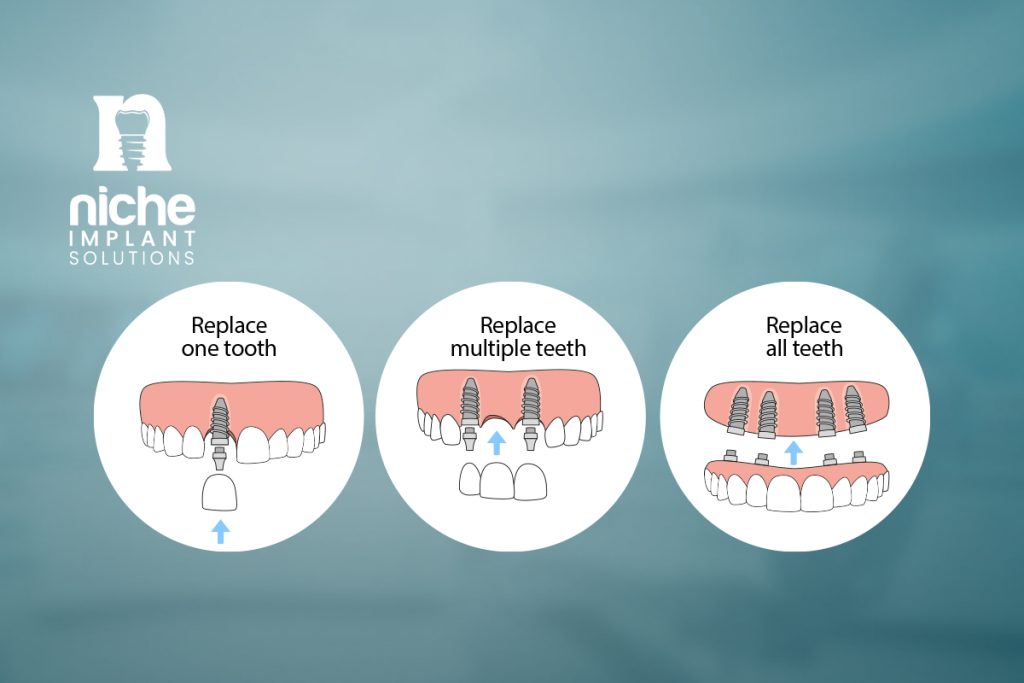
Factors Influencing the Choice of Implant
Choosing the right dental implant involves considering several crucial factors that can significantly impact treatment outcomes and patient satisfaction.
Several factors influence the selection of the most suitable four types of dental implants for each patient:
- Bone Density and Volume:
Adequate bone density and volume are necessary to support traditional endosteal implants. Patients with insufficient bone may require alternative options such as subperiosteal or zygomatic implants.
- Jaw Structure:
The anatomical structure of the jawbone plays a crucial role in determining the feasibility of different implant types. Subperiosteal implants are often preferred when there is limited vertical bone height.
- Medical History and Oral Health:
Patients with certain medical conditions or a history of gum disease may require specialized implants or additional treatments to ensure successful implantation and long-term stability.
Ultimately, the decision regarding which dental implant to choose hinges on a thorough evaluation of these factors, ensuring the best possible outcome for each patient’s unique dental needs and circumstances.
The Implantation Process
The implantation process begins with a comprehensive assessment of the patient’s dental health and treatment goals, the process of getting dental implants typically involves several stages:
You can also read: Smile Renewed: The Power of Dental Denture Implants
- Initial Consultation and Assessment:
During the initial consultation, the dentist evaluates the patient’s oral health, takes x-rays or CT scans to assess bone density, and discusses treatment options.
- Surgical Placement:
The implant placement procedure is performed under local anesthesia. For endosteal and zygomatic implants, the dentist makes an incision in the gum tissue and drills a hole into the jawbone to place the implant. Subperiosteal implants are placed directly on the bone and secured with screws.
- Osseointegration:
After placement, the jawbone needs time to heal and fuse with the implant through a process called osseointegration. This typically takes several months and ensures a strong foundation for the prosthetic tooth or teeth.
- Abutment Placement:
Once osseointegration is complete, an abutment is attached to the implant. The abutment serves as a connector between the implant and the dental crown or prosthetic tooth.
- Prosthesis Placement:
Finally, the dental prosthetic (crown, bridge, or denture) is attached to the abutment, restoring function and aesthetics to the patient’s smile.
Once the assessment is complete, the implantation process proceeds with the surgical placement of the implant fixture into the jawbone, followed by a period of healing and integration before the final restoration is attached, restoring function and aesthetics to the patient’s smile.
Advantages and Considerations
While dental implants offer numerous benefits, it’s essential to weigh the advantages against potential considerations before making a decision. This section will explore the pros and cons of dental implants in detail, each type of dental implant offers unique advantages and considerations:
- Endosteal Implants:
Endosteal implants are the most common and widely recognized type of dental implant. These titanium screws or cylinders are surgically inserted directly into the jawbone, acting as artificial tooth roots. Over time, the implant fuses with the bone through a process called osseointegration, creating a remarkably stable foundation for replacement teeth.
- Subperiosteal Implants:
Ideal for patients who cannot undergo bone grafting procedures, subperiosteal implants provide a customized solution for restoring missing teeth, Subperiosteal implants offer a viable solution for patients with insufficient jawbone density who may not be candidates for traditional endosteal implants. These implants involve a metal framework that is custom-designed to fit the contours of the patient’s jawbone. The framework is placed on top of the bone and under the gum tissue, with small metal posts extending through the gums to support a denture or prosthetic teeth.
- Zygomatic Implants:
Offered to patients with severe bone loss in the upper jaw, zygomatic implants avoid the need for complex bone grafting procedures and provide immediate functional benefits, Zygomatic implants are a revolutionary option for patients with severe bone loss in the upper jaw. These long, specialized implants are anchored into the cheekbone (zygomatic arch) and extend into the upper jaw, providing a robust foundation for supporting dentures or fixed prosthetics.
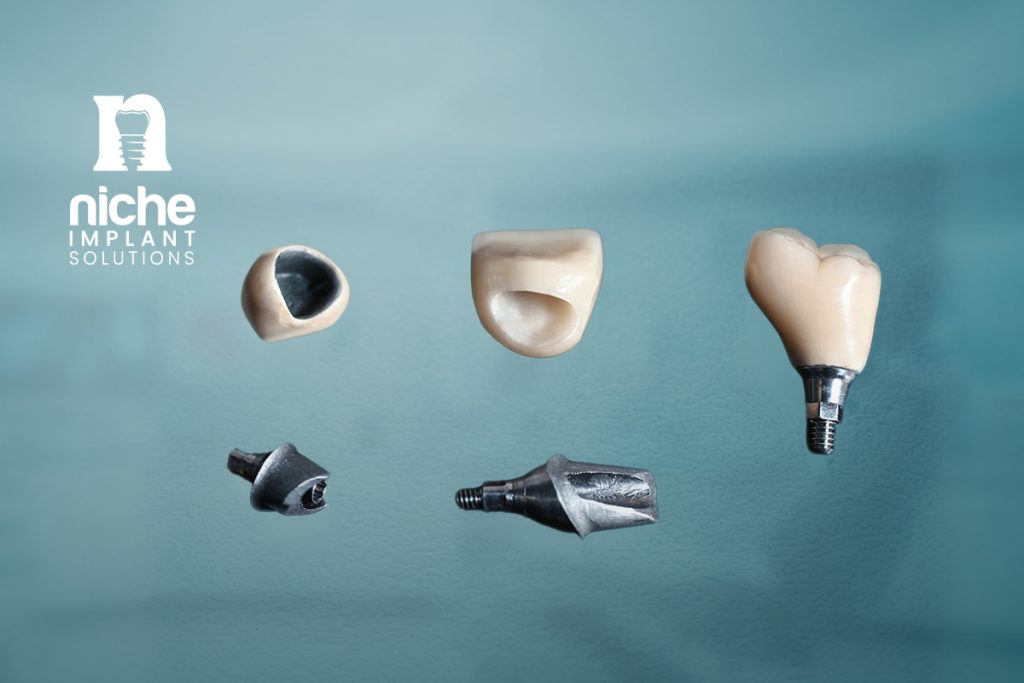
- All-on-4 Implants:
The All-on-4 concept is a revolutionary approach to replacing an entire upper or lower arch of teeth with just four dental implants. This innovative technique offers a stable, fixed solution for patients suffering from tooth loss, providing a dramatic improvement in quality of life.
By carefully considering the advantages and potential drawbacks of four types of dental implants, patients can make informed decisions about their oral health and overall well-being. It’s essential to consult with a qualified dentist to determine if dental implants are the right choice for you and to discuss any concerns or questions you may have.
Remember, while dental implants offer a remarkable solution for tooth loss, proper care and maintenance are crucial for their long-term success. Regular dental check-ups and good oral hygiene practices are essential to ensure the longevity of your dental implants.
Comprehensive Guide to the Four Types of Dental Implants: Choosing the Best Option for Your Smile with Niche
At Niche, we understand that a beautiful, confident smile is essential to your overall well-being. Missing teeth can significantly impact your appearance, self-esteem, and oral function. That’s why we offer a range of four types of dental implants solutions to restore your smile and improve your quality of life. This comprehensive guide will explore the four primary types of dental implants available at Niche, helping you make an informed decision.
Choosing the Right Dental Implant at Niche
Selecting the appropriate four types of dental implants requires a comprehensive evaluation of your oral health and individual needs. At Niche, our experienced dentists will conduct a thorough examination to determine the best treatment option for you. Factors to consider include:
- Bone quality and quantity: Adequate bone density is crucial for most implant types.
- Number of missing teeth: The number of missing teeth will determine the type and number of implants needed.
- Overall oral health: Gum disease or other oral health issues may require treatment before implant placement.
- Patient preferences and budget: Your aesthetic goals and financial considerations should be taken into account.
Choosing the right dental implant from four types of dental implants is a crucial decision that will impact your smile and overall oral health. At Niche, we believe in providing personalized care and guidance to help you make informed choices. Our experienced team will carefully assess your oral health, discuss your treatment goals, and recommend the most suitable dental implant option for you.
The Dental Implant Process at Niche: Your Journey to a New Smile
At Niche, we are committed to providing a seamless and comfortable dental implant experience. Our process typically involves the following steps:
- Consultation: A comprehensive evaluation to assess your oral health and discuss treatment options.
- Implant planning: Creating a customized treatment plan based on your specific needs and goals.
- Implant placement: The surgical procedure to place the implant(s) into the jawbone.
- Osseointegration: The healing period during which the implant fuses with the bone.
- Abutment placement: A connector is attached to the implant to support the restoration.
- Restoration placement: The final tooth or teeth are secured to the abutment, completing your smile transformation.
The Niche Difference: Exceptional Care and Results
At Niche, we prioritize patient comfort and satisfaction. Our experienced team of dental professionals utilizes advanced techniques and cutting-edge technology to deliver exceptional four types of dental implants treatments. We offer a personalized approach, tailoring our services to meet your unique needs and expectations.
Key benefits of choosing Niche for your dental implant treatment:
- Experienced and skilled implant dentists
- State-of-the-art technology and facilities
- Personalized treatment plans
- Comfortable and relaxing environment
- Commitment to patient satisfaction
Conclusion: Your Path to a Confident Smile Starts at Niche
Dental implants have revolutionized the field of dentistry, providing life-changing solutions for individuals with missing teeth. At Niche, we are dedicated to helping you achieve a beautiful, functional, and confident smile. By understanding the four types of dental implants and choosing the right option for you, you can embark on a journey to a new and improved you.
Contact Niche today to schedule a consultation and discover how we can transform your smile.


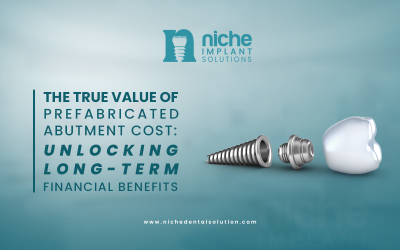
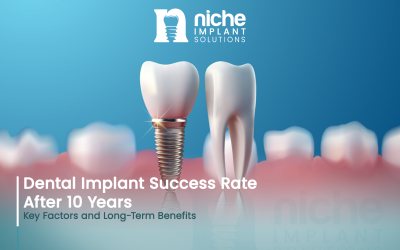
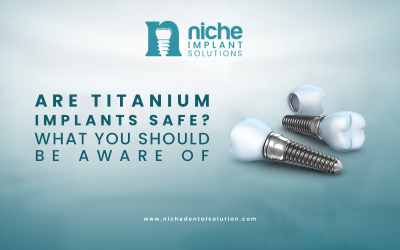
0 Comments